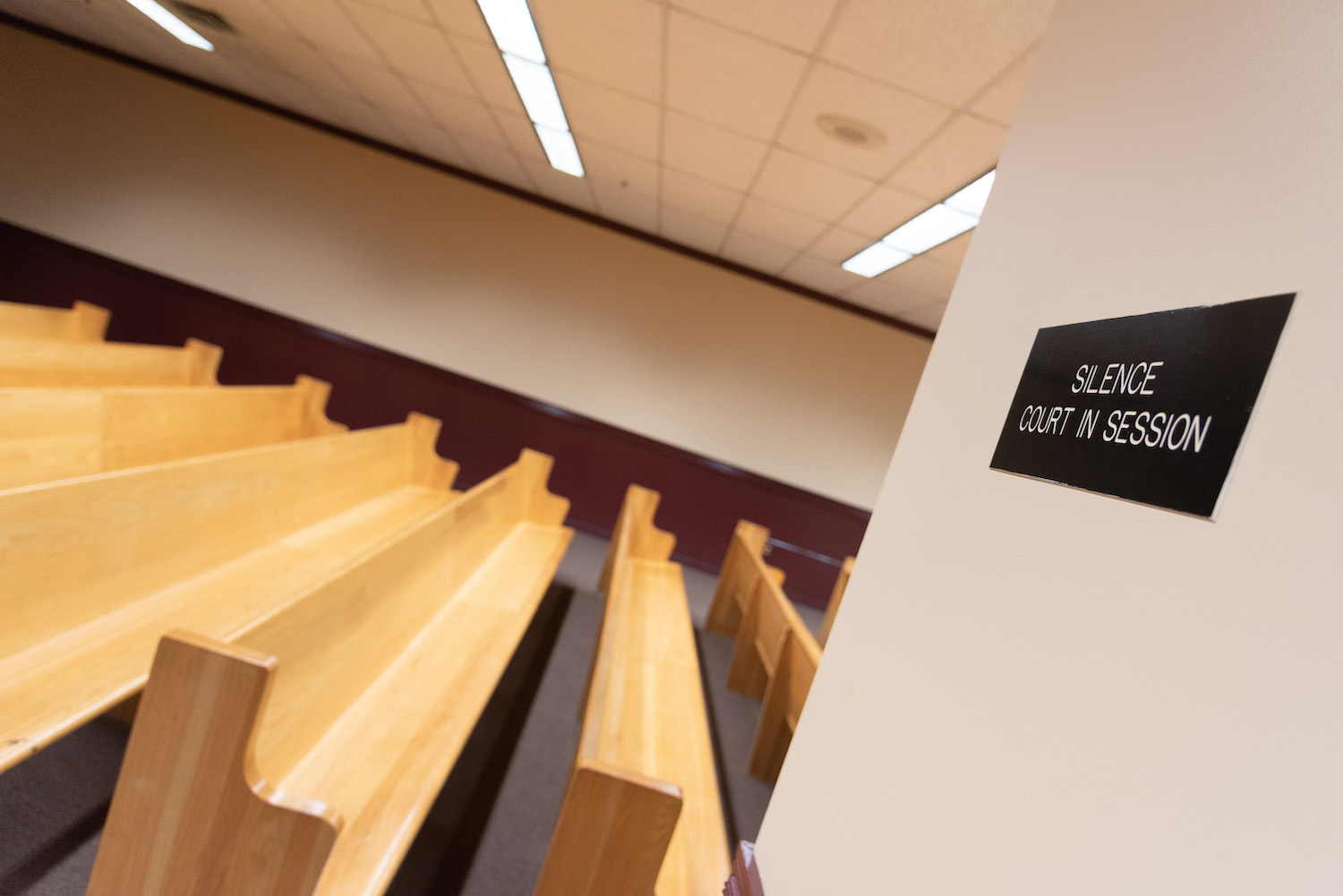Archival Notice
This is an archive page that is no longer being updated. It may contain outdated information and links may no longer function as originally intended.
Substance abuse is a major challenge in communities across America. A 2018 national survey revealed that in the past year, more than 20 million people age 12 and older had a substance use disorder related to the use of alcohol or illicit drugs. To help youth and families overcome the effects of substance abuse and co-occurring mental health disorders, the Office of Juvenile Justice and Delinquency Prevention provides funding to establish and improve the effectiveness of drug courts nationwide.
Stressors at this time may be a trigger for some. Consistent guidance and support are crucial to those on the road to recovery and we applaud our juvenile drug treatment court and family drug court grantees for quickly adapting their practices so they can continue providing meaningful services to their clients.
- The juvenile drug treatment court team in Rankin County, Mississippi, provided parents of its young clients with drug testing kits. To keep youth safe, kits were given only to families that do not have a history of familial violence. Staff text parents a reminder on testing days and the parents text back the results. The team also provided youth with journals, journaling ideas, and tasks they can complete at home for life skills credit with the court. Youth were also given a list of online mental health and addiction resources, free recovery and meditation apps, and local food resources.
- The team in Clark County, Nevada, holds weekly web meetings to track each youth’s progress. Representatives from the police department and District Attorney’s Office participate in the calls. Even though schools are closed, a school district representative also joins the meetings to update the team on school status and curricula for youth who are in online or alternative schools.
- In Santa Clara County, California, the team maintains contact with youth via phone and, where possible, mental health providers offer teletherapy. The Juvenile Probation Department no longer brings juveniles into custody for technical violations and the county’s Young Women’s Freedom Center ensures its clients have access to life coaches, computers, cell phones, and the Internet.
OJJDP is bolstering the efforts of the juvenile drug treatment courts with resources and ongoing training and technical assistance. We sponsored a three-part webinar series in April to discuss how courts can enhance supervision strategies, keep youth and families engaged in treatment, and help youth build skills while practicing social distancing.
The Office is also engaging its family drug court grantees, supporting their efforts to minimize disruptions in service, and disseminating their successful strategies for the benefit of drug courts nationwide.
- Idea exchange calls in April allowed practitioners to learn from peers who have successfully tested new strategies. Web-based meetings, e-mails, and phone calls are the primary ways court staff are staying in contact with each other and with program participants. Several courts have set up webpages to aid interaction between staff and participants and among participants. They also encourage families to use online self-help and recovery support groups.
- Answering a survey about changes to their operations since the pandemic, 54 percent of the 109 responding family drug courts said they continue to hold precourt meetings. During these meetings, team members share their observations about each participant’s performance and propose recommendations for the judge. Nearly 90 percent of respondents said their child welfare partner remains available to staff cases and provide services to families. Most of the interactions occur virtually. In-person meetings or visits to families are conducted only when necessary and follow social distancing guidelines.
- In March, OJJDP’s family drug courts training and technical assistance provider experienced a 45-percent increase in requests (compared to the same time last year) and performed 141 activities in response to these requests. OJJDP continues to disseminate COVID-19-related resources, host trainings and webinars, and guide practitioners through practice changes. E-mail [email protected] to request technical assistance.
Drug courts have an obligation to ensure their clients receive consistent services. These services are needed now, more than ever, and OJJDP is proud to support the courts as we work together to build a better future for America’s youth. Visit our Drug Courts webpage or e-mail Kellie Blue, Associate Administrator, at [email protected] for more information about OJJDP’s drug court programs.
Resources:
Read and download—
- OJJDP’s Drug Courts In Focus fact sheet.
- A COVID-19 resource page compiled by the OJJDP-sponsored National Association of Drug Court Professionals. The page includes a list of upcoming webinars.
- An annotated list of Virtual Recovery Services compiled by the Substance Abuse and Mental Health Administration.
Stay up to date on COVID-19 by visiting—
- Coronavirus.gov.
- The Government Response to COVID-19 webpage.
The Centers for Disease Control and Prevention’s COVID-19 website.



